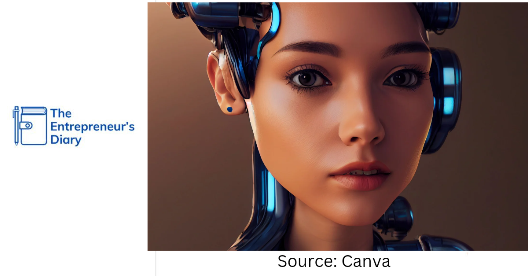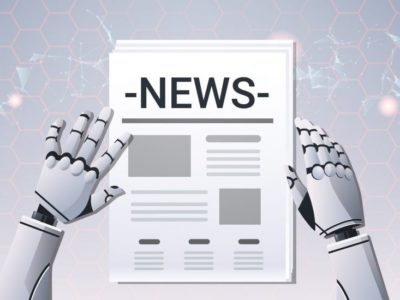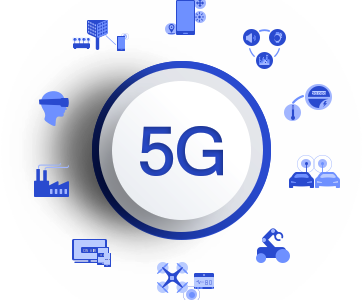They say human emotions are a vital differentiator between humans and machines. This age-old sentiment encapsulates the essence of our uniqueness as a species. Emotions are the bedrock of human existence, influencing our decisions, behaviors, and interactions.
RELATED: Amazon’s AI move – why you need AI investments as race speeds up
While machines and artificial intelligence (AI) have made tremendous strides in mimicking human cognitive abilities, they often fall short in understanding and expressing emotions.
So, the question comes up. Is it possible for AI to assume a human interest feature? Recent developments in AI technology are pushing the boundaries of what is possible, bringing us closer to humanized AI that can connect with us on an emotional level.
Emotions are the threads that weave the tapestry of our lives. From love and happiness to anger and sadness, they color our perceptions and influence our actions. Emotions enable us to empathize with others, to form connections, and to navigate the complexities of human relationships. They are integral to our decision-making processes and the foundation of our moral and ethical judgments.
Historically, AI has been primarily focused on tasks that require rationality and logic. Machines excel at processing data and executing repetitive tasks with precision. However, they often struggle to comprehend and respond to the nuanced world of human emotions. This is the limitation that leads many to describe AI as being cold and mechanical.
To create a more humanized AI, we must consider how to infuse machines with a deeper understanding of human emotions and interests. Here are several ways in which AI can bridge the gap:
Emotion Recognition:

TheNextWeb
AI can be trained to recognize and interpret human emotions through various cues such as facial expressions, tone of voice, and body language. This enables AI systems to understand the emotional context of interactions, making them more responsive and empathetic.
Emotion Generation: Advanced AI models like GPT-3.5 can generate text that expresses emotions and sentiments, allowing for more natural and relatable interactions. For instance, chatbots and virtual assistants can respond to users with appropriate emotional tones, making conversations feel more human. Even the most recent ChatGPT often gives one the impression that one is chatting with a human. Try typing a simple thank you after getting an answer to your question, and see how ChatGPT responds.
Personalization: AI can analyze vast amounts of data to personalize experiences and recommendations based on individual preferences and emotions. This level of personalization can enhance user engagement and satisfaction, making AI systems feel more attuned to human needs.
Ethical Decision-Making: AI can be programmed to consider ethical and moral implications in decision-making processes. This can help AI systems make choices that align with human values and interests.
Empathy Training: AI can undergo empathy training by processing diverse emotional data to understand better and respond to users’ emotional states. This training can enhance AI’s ability to provide emotional support, especially in healthcare and mental health applications.
Notwithstanding…
AI cannot be human. Even with the attempts to infuse AI with several human capabilities, AI cannot replace humans. If a customer is venting his rage over some poor service, there is a limit to what AI can do. The empathy that is only human might still be missing from that interaction. This is why the best strategies often combine AI with human capabilities to get maximal results.
As we strive to bridge the gap between humans and machines, we must ensure that AI remains a tool that enhances our lives while respecting our values and emotions. We are still looking to see if and how AI will transcend this last boundary.
What would happen if we eventually have AI that can do everything humans can do? Remember earlier this year’s rumor about Elon Musk and some ‘robot wife’ invention? What would have been the fate of the human race if it had been true? Please drop your hot take on this in the comment section.
Samuel Ajiboyede. AI Expert | Fintech | Real Estate | Investor | Branding | Building Unicorns | Author of ‘The Entrepreneur’s Diary’

































